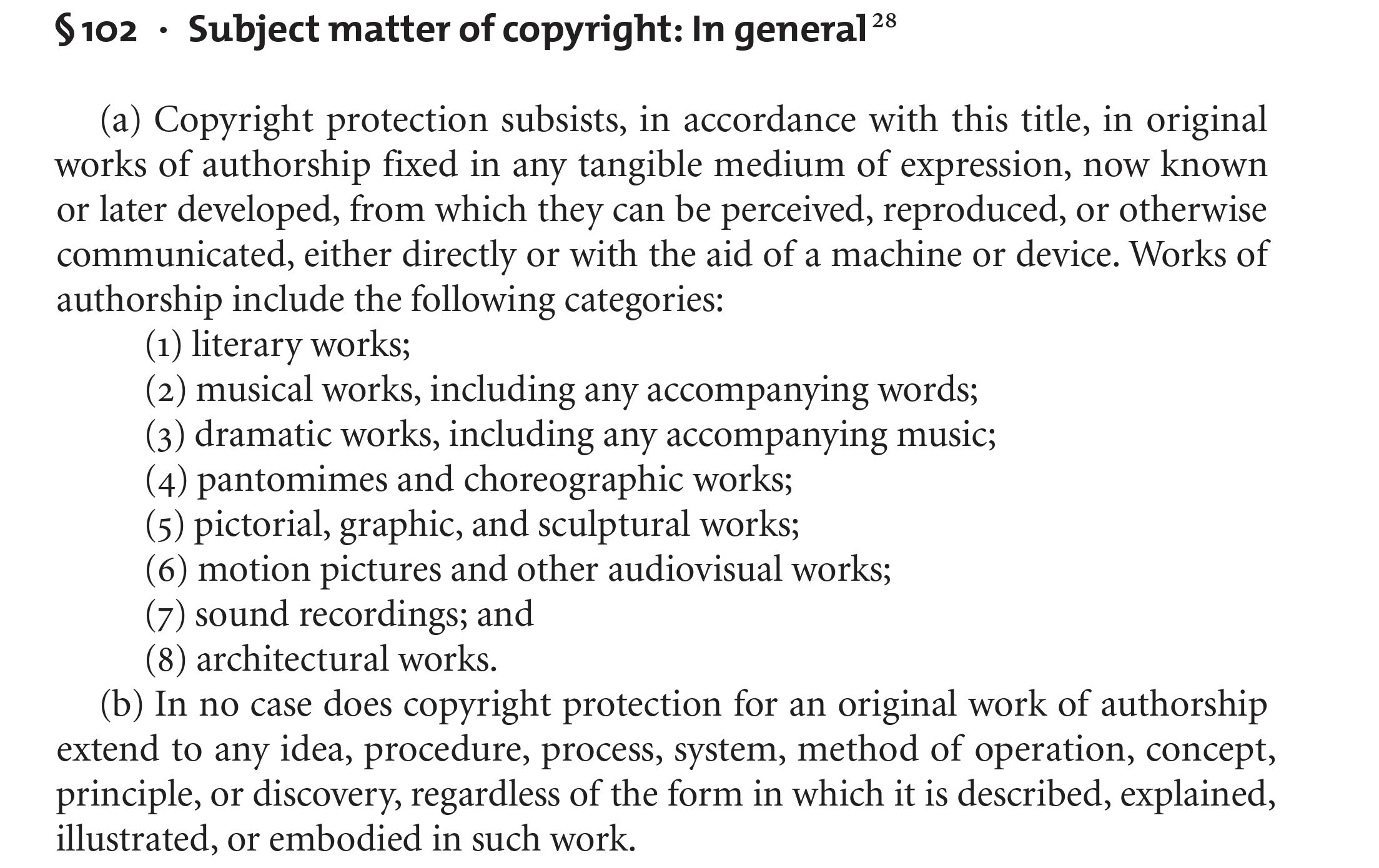Amrûnril
Hero
I know. I always kinda always felt that the old OGL was a bit too permissive by allowing full on spin offs without any financial compensation.
As a Brooklynite I am very suspicious of people offering stuff for free. It usually end up bad.
I'm 100% with WOTC not letting another company make millions creating a full game based on their IP without a cut.
The OGL is very generous, and if we were starting from scratch, no one could reasonably demand that WotC (or any other publisher) issue a license like it. Nor do they have any obligation to place new content under that license.
But even if a you look at the OGL as gift didn't have to be given, that doesn't mean it can be taken back after the fact. Wizards has spent the past 20 years describing the licensed content as freely and permanently available, so people have treated it as freely and permanently available, using it as a foundation for works whose real value derives from their own unique contributions. For Wizards to try to destroy or claim ownership of such works, on which authors may depend for their livelihoods , would be morally unconscionable.




